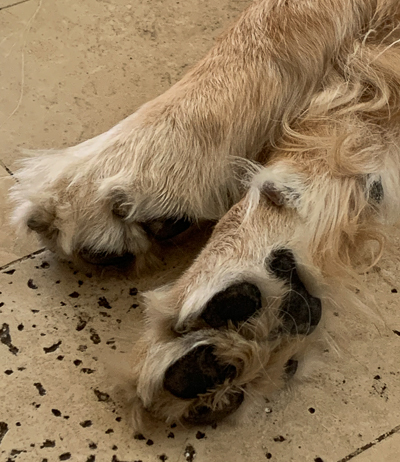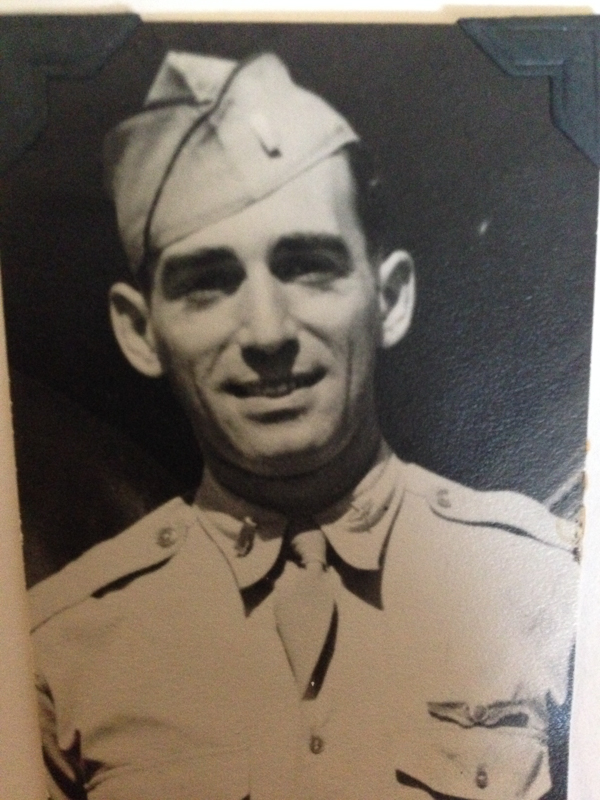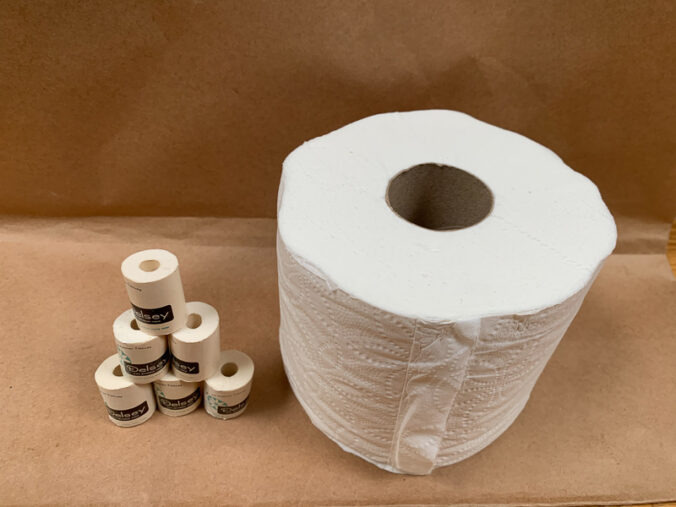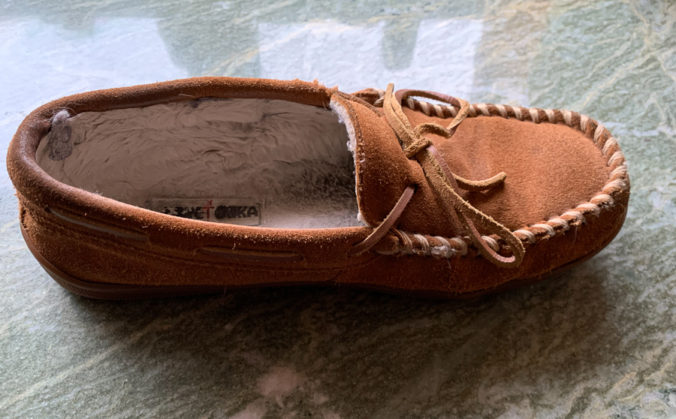I didn’t intend my statement to be taken in a self-centered, woe is me, my life sucks, the world is ending sort of way, though Pam, and then Kim, took it that way. Ever since, I have been the butt of their jokes, even more so than usual. My statement was so funny to them that they even told our friends what a stupid comment I made. I guess it’s good that I have thick, old man, skin.
I had been sitting at my desk, where I have been spending the vast majority of my waking hours this year, when, for some reason, I started thinking about Uber, and how I may never take one again for quite some time. This led me to reminisce about last year.
2019 was a crazy year for me. For the first time in my life, work turned me into a road warrior. I flew over 60,000 domestic miles, traveling every two or three weeks, either to Northern California or to the East or South East. I was at the airport so often, I began to recognize the baggage handlers and the ticket agents, not to mention the flight attendants. It got so bad, I started drinking alcohol, usually bourbon, on the homeward flights. I had never done that before.
I spent over 50 nights in hotels, generally ones that were functional, but not luxurious. I got used to working out in postage stamp sized hotel gyms, usually going to them at between 4 AM and 5 AM to ensure no one else was using them. I ate many, many meals alone, either in hotels or restaurants. Rarely did I use room service, as I found it too claustrophobic.
And, of course, I took lots of Uber rides. More than I could count, and more than I care to remember, though none were bad. The good news was that I took full advantage of my Amex Platinum card Uber and airline benefits, thereby essentially paying for the card’s annual fee.
When I wasn’t traveling, I was working from home or visiting clients. My days started early, as I was always at Equinox in Beverly Hills by 5 AM during the week.
This year I commute to my den where my desk is, though I have made lots of trips via Zoom, Skype, Microsft Meetings, Google Hangouts, etc. I cannot image going to the airport, staying at a hotel, or getting into an Uber. I struggle to even want to drive, having put about 500 miles on my Cayman, my daily driver, since November, though I have put about 200 miles on my 89 Carrera, driving it to Shelby’s sporadically and once in a really blue moon going somewhere else. I would need to review my credit card statements to determine the last time I bought gas.
I have not eaten in a restaurant since early March, and I have no idea when I will go back to one. We do take out on a regular basis, so we are keeping some restaurants in business. Generally, I have been cooking more, though I have to admit my diet is not as clean as it was last year, as I have given in to the desire for Covid-19 comfort foods, especially homemade pizza, beef stew and that all-time artery clogger, tuna lasagna, on a regular basis.
Lastly, I have not been to Equinox since early March, and after 17 or so years, I terminated my membership. I have no desire to be near anyone else while they are working out. Instead, I have been sleeping in, sort of, running outside, and doing a homemade calisthenics routine, complete with jumping jacks, on a regular basis. I have purchased a Tonal and can’t wait for it to arrive some time next month. Ironically, I seem to be healthier since not frequenting the gym at the butt crack of dawn. My blood pressure is down, despite being irritated by DT everytime I listen to the TV.
As I sat at my desk and had that random thought about Uber, all of the changes I was experiencing this year flashed through my brain, and, as is usually the case, without a pause and without any context, I blurted out to Pam, “My life is so different this year!”
Clearly, I was well aware that I was not alone. Everyone’s life is different this year. I was also not complaining, as my life, despite Covid-19, is still really good. I was just stating a fact. None of that mattered. Pam heard what she heard, not what I was thinking or intending, and I have been the butt ever since.




